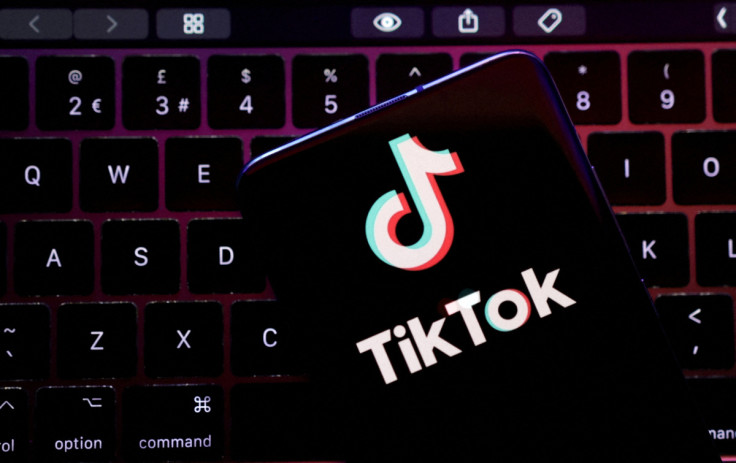
TikTok executives were reportedly convinced that the US had abandoned its plan to ban the Chinese-owned app after President Joe Biden joined, only to find out that wasn't the case.
According to a report by The Wall Street Journal, the Biden campaign's decision to join the app in late February and post several videos provided reassurance to executives, who visited TikTok's Singapore office 2 weeks ago to relay the good news.
Here is a video from Shou the CEO of #tiktok talking about the results of the ban for @tiktok_us pic.twitter.com/aCkxi5CqH4
— +thyrevolution.eth 🌱 (@thyrevolution) March 14, 2024
Behind the scenes in Washington, a bipartisan group of lawmakers, along with Biden administration officials, had been discreetly planning new legislation aimed at banning TikTok or forcing ByteDance, the parent company of TikTok, to sell the app to a non-Chinese owner.
"The committee and Biden administration officials operated quietly enough that TikTok's large lobbying and government-relations operations in Washington didn't realize how close the bill was to reality," WSJ wrote in its report.
The bid to ban TikTok in the US
The bill, spearheaded by Republican Rep. Mike Gallagher of Wisconsin and Democratic Rep. Raja Krishnamoorthi of Illinois, was introduced by the House mere days after the Singapore meeting, per the Journal, citing "interviews with current and former employees of TikTok and its parent company, as well as government aides, policy advisers, and lawmakers."
Why US wants to ban TikTok: pic.twitter.com/gcRjfw20ew
— Siddharth (@DearthOfSid) March 14, 2024
The bill, a result of more than a year of efforts by a coalition of China critics in Washington and Silicon Valley, gained momentum, partly due to the anger over TikTok videos related to the Israel-Hamas conflict.
TikTok's uncertain future
Former US president Donald Trump has opposed the idea of banning TikTok, arguing the move will favour Mark Zuckerberg's Facebook. TikTok, along with the American Civil Liberties Union and other free-speech organisations, have contended that the ban would infringe upon the First Amendment right to freedom of speech. Biden, on the other hand, has publicly indicated he would sign the ban if it reaches his desk.
Caitlin Chin-Rothmann, a fellow at the Center for Strategic and International Studies, told The Atlantic that if ByteDance chooses to litigate, the Biden administration would need to prove that "a TikTok ban is narrowly tailored to advance a significant government interest, and that there are no less restrictive means of advancing that interest."
According to WSJ, House legislators and Biden officials anticipated potential legal action from the company that will revolve around First Amendment violations. Consequently, they collaborated to draft text that could withstand legal scrutiny.
"Framing this as a national security threat offers the government considerable latitude when it comes to First Amendment questions," Sarah Kreps, a political scientist and director of the Tech Policy Institute at New York's Cornell University, previously told Business Insider.
An offer for TikTok from our CEO @chrispavlovski pic.twitter.com/lIeZ6IXANU
— Rumble 🏴☠️ (@rumblevideo) March 12, 2024
The House vote is scheduled for Wednesday. A TikTok spokesperson previously told BI the legislation has a "predetermined outcome," which is a total ban of TikTok in the US. Meanwhile, Florida-based streaming and video platform Rumble has extended an offer to acquire and manage the app within the country.







